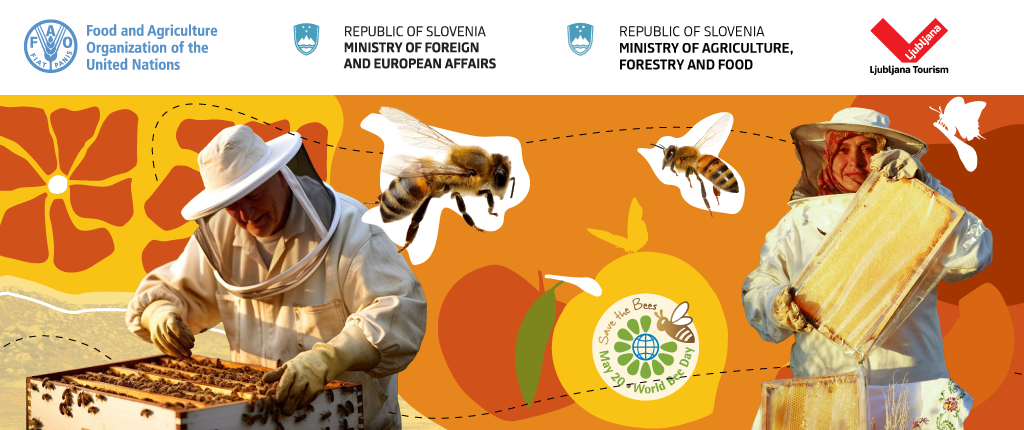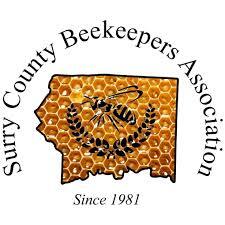Alan Harman
A research project in Canada has been hit after thieves stole four hives that were part of a four-year, C$7.1-million (US$5.43-million) national project aiming to develop high-producing colonies capable of resisting disease and surviving Canadian winters.
The four hives were among 30 stolen from the Miels D’Anicet apiary in Ferme-Neuve, Que., 175 miles northwest of Montreal
Laval University researcher Pierre Giovenazzo, one of the project leaders, says the four colonies were among 1,000 in British Columbia, Alberta, Manitoba, Ontario and Quebec that researchers have identified as strong performers in terms of breeding and honey production.
Giovenazzo, a specialist in honey bee nutrition and colony performance, tells the Canadian Broadcasting Corp. that while a typical colony may be worth C$1,000 (US$765) when it’s high season for honey and pollinating crops, the project’s colonies have a value of about C$10,000.00 (US$7,650.00) each.
“A colony for research purposes is multiplied by 10 because we’ve done samples on this, we’ve worked on it; the genetics are known,” Giovenazzo, says. “Losing a colony like this is a major downfall for us.”
The project aims to identify genetic markers within the 1,000 colonies that will help beekeepers build high-producing bees able to handle the rigors of Canada.
Giovenazzo says between 25% and 30% of Canadian colonies perish during the winter – that’s better than 14 years ago when Quebec colony deaths reached about 50% due to mite infestation, but still not good.
“Just imagine, a beekeeper winters 1,000 colonies and when he comes back in spring, he has 750 colonies,” he tells the national broadcaster. “That’s a major throwback for an industry.”
Earlier this year, a beekeeper lost 180 hives to thieves in Saint-Valère, 95 miles east of Montreal.
Giovenazzo says crop pollination now is the real bread and butter for Canadian beekeepers, much more so than honey, and he believes the recent thefts in Quebec are indicative of the beekeeping industry’s rapid expansion as a result.
While the Ferme-Neuve thefts may not derail the project, he says they are a set-back for a project that aims to make Canadian beekeeping a more sustainable agricultural industry.
“It’s out of this world when you look at the all the impacts of honey bees on the agricultural industry,” Giovenazzo says. “For stats, for research purposes, these thefts are a big loss.”
The CBC says while police have identified suspects in the theft, there’s little hope the stolen hives will be found.








